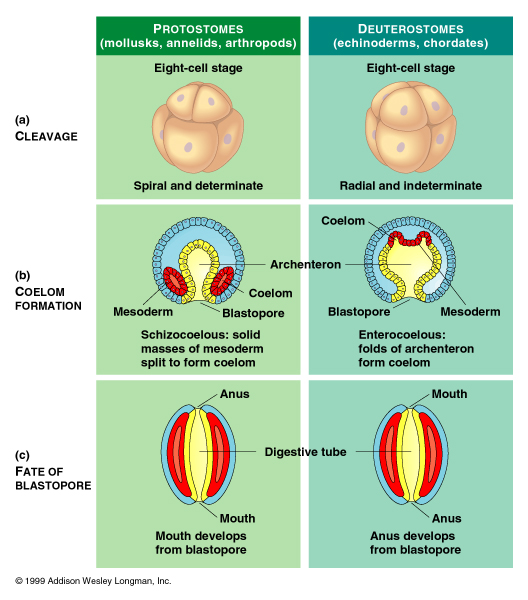Do you think your brain is a rational actor? That is, do you think with your "head" and not your "heart" or your "gut"? (This blog is going to become Jonathan Frakes Asks You Things, isn't it?) We have a tendency to attribute different parts of our cognition to parts of the body - the heart is emotional, the gut instinctive, the eyes superficial, the brain logical. However, these are merely metaphors, and as we all know, only the brain is responsible for processing information and making decisions. Is it really, though?
The digestive tract has its own nervous system, known as the enteric nervous system. The enteric nervous system is a division of the autonomic nervous system, which consists of those nerves that transmit information to and from the internal organs. Some other functions of the autonomic nervous system include regulating your heart rate and breathing, all unconscious processes, meaning they happen without you needing to manually control them. Imagine having to think about contracting your heart every second, and you'll be thankful you have this nervous system.
The enteric nervous system consists of all the nerves that control digestive functions, including peristalsis (the contraction of the intestines to move food along). Lining your digestive tract are over 200 million neurons, at least as many as in the spinal cord. Like your heartbeat or breathing, its functions are automatic, not consciously controlled. They even have the capacity to continue without the brain telling them to do so. When the vagus nerve, the main messenger from the brain to the autonomic nervous system, is severed, digestive functions were found to still continue.
 |
| There's a lot of layers going on here. Basically, nerves hide out between the muscles and the inner surface of the digestive tract. |
There is some evidence and much speculation that the enteric nervous system could have an effect on cognitive processes, such as emotions and decision-making. While the enteric nervous system on a basic level creates the sensations of nausea and bloating, much of the information it sends is processed subconsciously, and can possibly determine mood. The enteric nervous system may also relay information from the pounds of microorganisms living in the gut, which can impact emotion and behavior. So your "gut feeling" could be a feeling from your gut after all.
Who is really holding the reins, then? New discoveries about the enteric nervous system challenge our brain-centric perception of behavior and mood. They can also change the way we diagnose, research, and treat certain neurological disorders, such as Autism Spectrum Disorder, Parkinson's, and ALS. Digestive dysfunctions are common along with the neurological symptoms of these disorders. With autism, a certain gene that is associated with the disorder is also associated with poor motility in the gut. These studies are developing, and mostly done on mice, but it remains to be seen how much of what we think of as brain dysfunction is closely linked to the gut.
